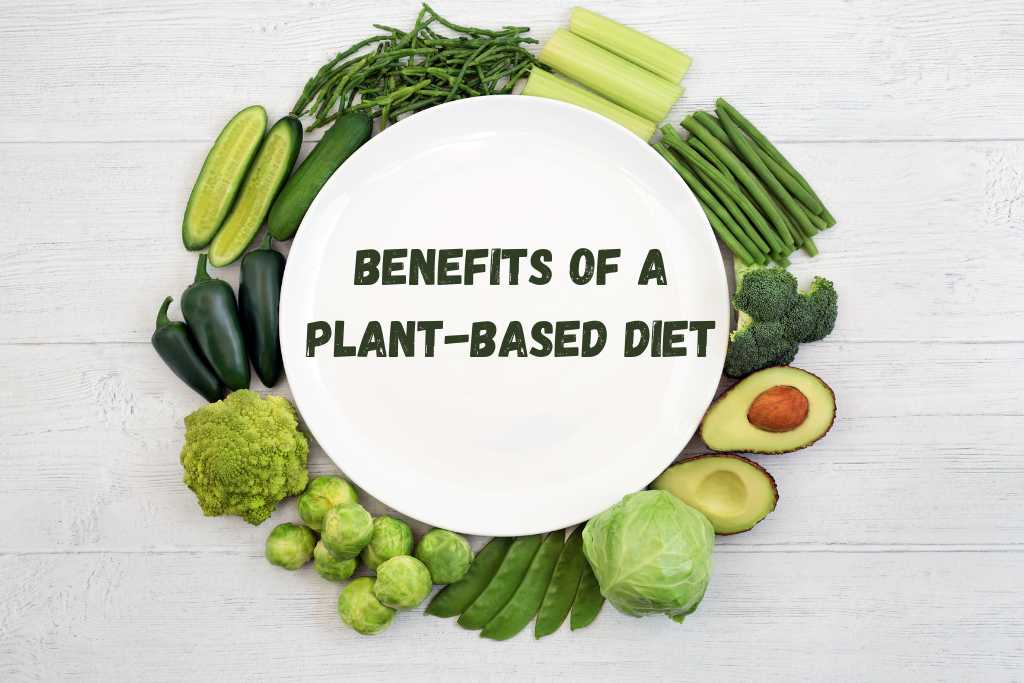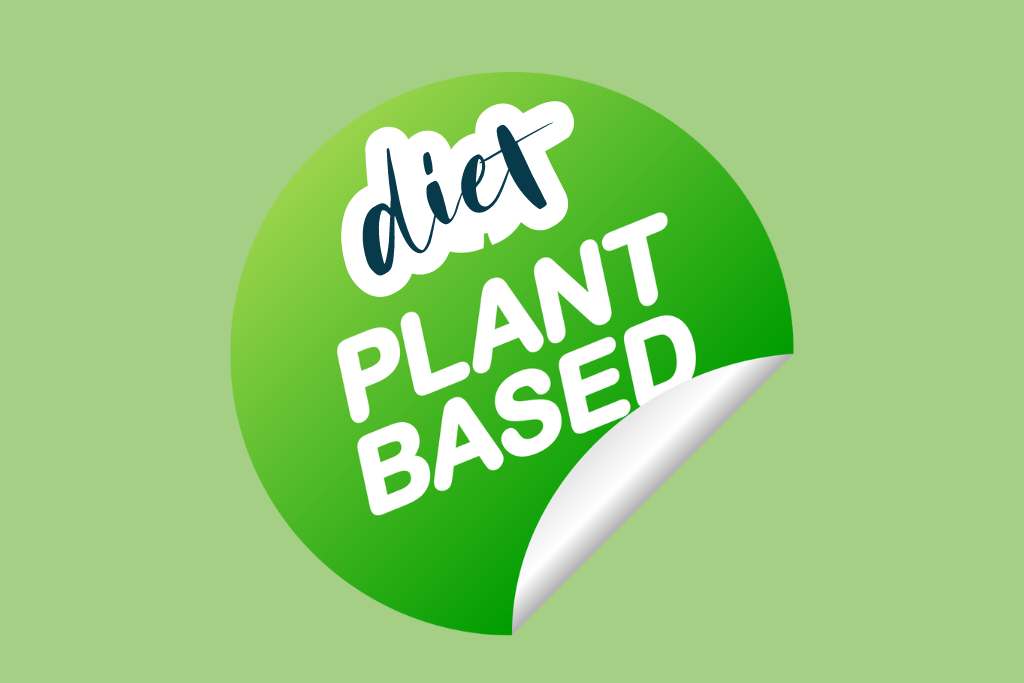Plant-based diets have been growing in popularity over recent years, with many people choosing to adopt them for health reasons, ethical considerations, or environmental concerns. These diets consist of predominantly plant-based foods and often exclude or limit meat and animal products. Not only can they have several benefits for the body, such as a lower risk of chronic diseases like heart disease and diabetes, but they can also be great for the planet. In this blog post, we explore what a plant-based diet is, the health benefits associated with it, and some tips on how to make the transition to a more plant-based lifestyle. Whether you are already vegetarian or vegan, or simply looking to cut down on your meat intake for better health or environmental reasons, this post is for you.

What is a Plant-Based Diet?
A plant-based diet centres around eating mostly foods made from plant sources. This includes fruits, vegetables, whole grains, legumes, nuts, and seeds, and limits foods from animal sources such as meat, dairy, and eggs. While some may choose to eliminate all animal products from their diet and follow a vegan diet, a plant-based diet can still include some animal products in smaller quantities.

The focus is on making plant-based foods the main part of meals and reducing the consumption of processed foods. Overall, a plant-based diet is a way to prioritize nutrient-dense, whole foods and can have numerous health benefits.
Foods Included in a Plant-Based Diet
A plant-based diet includes a wealth of delicious and nutritious foods derived from plants such as fruits, vegetables, grains, legumes, nuts, seeds, and plant-based oils. This way of eating encourages individuals to consume foods in their natural form and embrace a variety of unique flavors and textures.

Plant-based diets can be tailored to fit a variety of personal and cultural preferences, making them a versatile option for those looking for a healthier lifestyle. Incorporating more plant-based foods into a diet is a simple way to boost nutrient intake and create a more diverse and satisfying array of meal options.
Benefits of a Plant-Based Diet
Plant-based diets offer numerous benefits for overall health and well-being. They have been shown to reduce the risk of chronic diseases like type 2 diabetes and heart disease, while also promoting weight loss and lower cholesterol levels. This is because whole plant-based foods are rich in fibre, vitamins, and minerals, and contain no dietary cholesterol, making them a healthy and low-risk intervention for maintaining optimal health.

Additionally, plant-based diets offer all the necessary nutrients for proper bodily function and are often higher in fibre than other diets. Transitioning to a plant-based diet can be an effective way to improve your health and well-being, while also positively impacting the environment. Be sure to check out the previous sections of this blog for more information on what a plant-based diet entails and how to make the transition.
Essential Nutrients Found in Plant-Based Foods
In a plant-based diet, there are plenty of essential nutrients that can be found in the foods that are consumed. These nutrients include protein, calcium, vitamin B12, amino acids, and healthy fats. While it is true that some of these nutrients are commonly found in animal-based products, there are plenty of plant-based alternatives that can provide the necessary nutrition.

For example, plant milk, cereals, and nutritional yeast are often fortified with B12. Additionally, tofu, tempeh, beans, and legumes are great sources of protein. And for healthy fats, foods like avocados, nuts, seeds, and oils are high in omega-3s and other beneficial fatty acids. With a well-balanced and varied plant-based diet, individuals can easily meet all of their essential nutrient needs without having to rely on animal products.
Cost-Effectiveness of Plant-Based Eating
When considering the cost of food and overall health, a plant-based diet can be a very cost-effective option. Research has shown that plant-based diets can help lower body mass index, blood pressure, HbA1C, and cholesterol levels. While novel meat substitutes can be more expensive, plant-based diets can still be affordable by prioritizing whole foods such as fruits, vegetables, whole grains, and legumes.

Additionally, a plant-based diet can lead to lower healthcare costs in the long run due to its potential to prevent chronic diseases. It’s important to note that a plant-based diet can be tailored to fit any budget, and the health benefits make it a worthwhile investment for both the body and the wallet.
While “Plant-Based Diets: A New Diet for You” focuses on improving personal health and sustainability practices, it’s important to note that advancements in technology, such as artificial intelligence and automation, are also making a significant impact on the food industry. These technologies are being used to improve food production efficiency, reduce waste, and develop new plant-based food products. An article that provides an overview of the relationship between artificial intelligence, automation, and the food industry is “Artificial Intelligence and Automation.” By exploring this topic, readers can gain a better understanding of how technology is transforming the way we produce and consume food.







